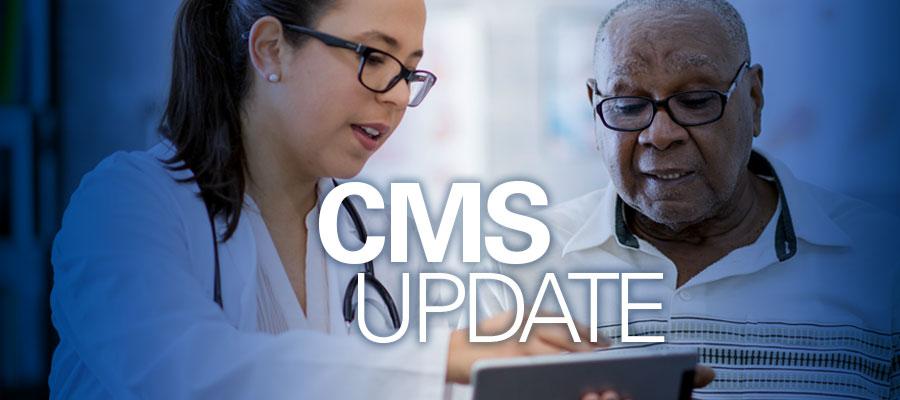CMS Announces Final Changes to MA, Part D Payment Policies for 2019

The Centers for Medicare & Medicaid Services today announced final changes to Medicare Advantage and Part D payment policies for calendar year 2019. CMS anticipates the MA plans and Part D sponsors will see an average revenue increase of 3.4%, excluding an expected 3.1% increase in risk scores. CMS finalized changes to the risk adjustment model for aged and disabled beneficiaries enrolled in MA Part C plans beginning in CY 2019, as required by the 21st Century Cures Act, and additional changes to MA and Part D payment policies for CY 2019. CMS must phase in the new risk adjustment model over four years and will use a 25% to 75% blend of the new and previous risk adjustment model for 2019. In addition, the agency will update the MA risk adjustment models for end-stage renal disease plans in 2019, among other changes. However, CMS will not move forward with the proposed changes to the Part D risk adjustment model. The agency also included several changes to combat opioid overuse. AHA will provide more information on the final changes to members soon.

